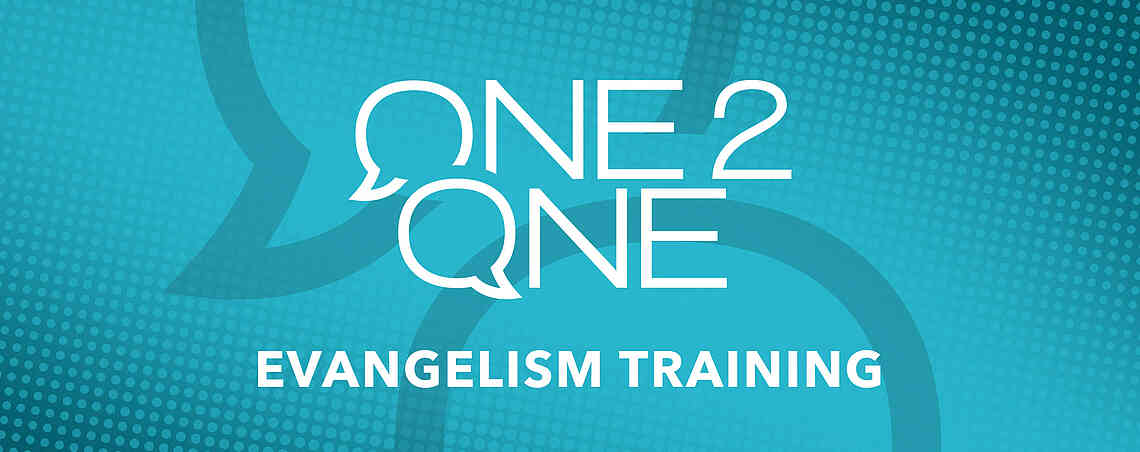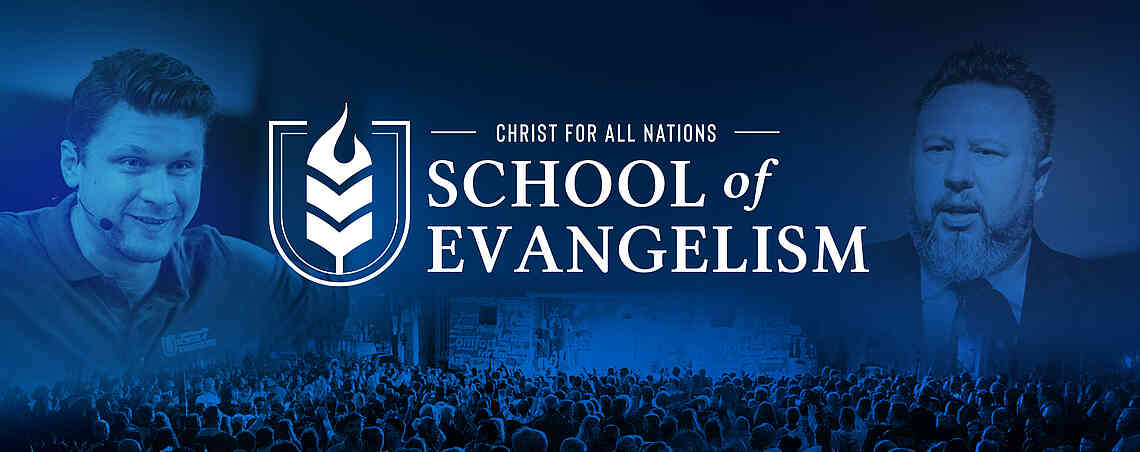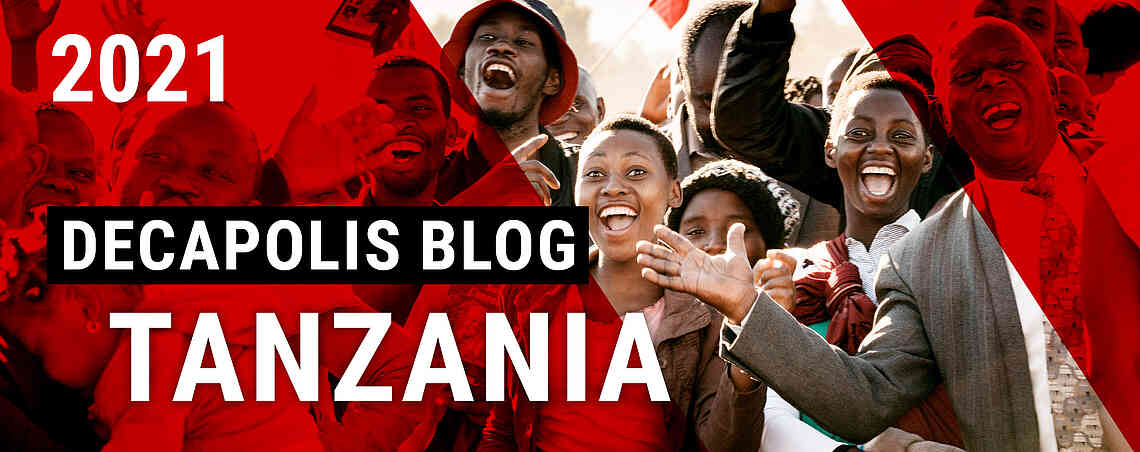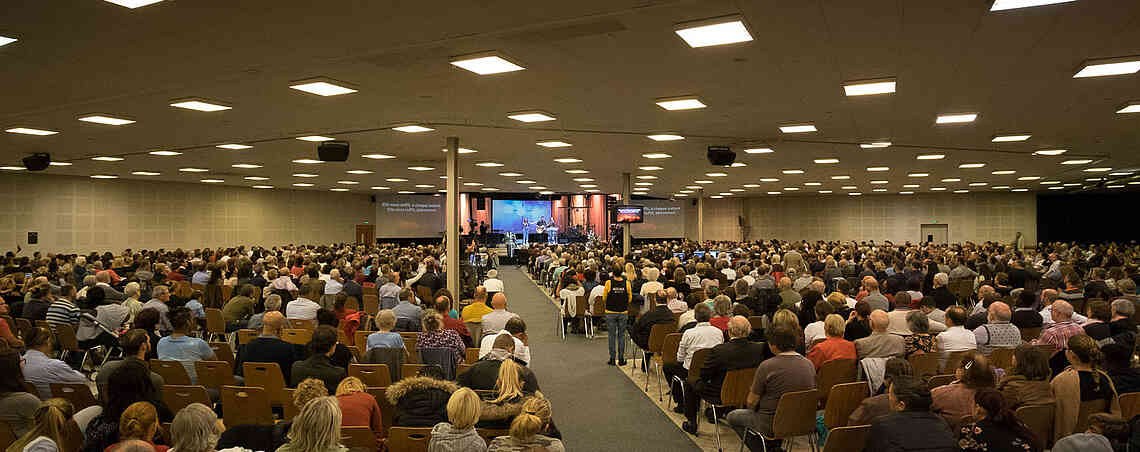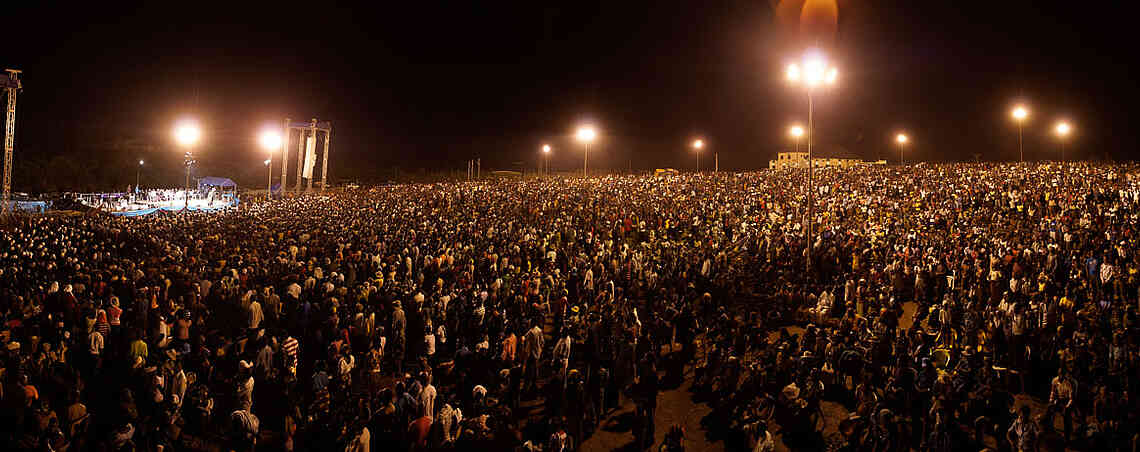Bible Study
For Such a Time as This
Perhaps the most well-known passage in the Book of Esther is in chapter 4, verse 14 where Esther’s cousin and guardian, Mordecai, says to her, “And who knows but that you have come to the kingdom for such a time as this?” (AMP). Many exciting and uplifting messages have been based on this scripture. But often these inspirational sermons miss the point completely because they fail to take into consideration the true context of Mordecai’s words. A close look at the circumstances surrounding this passage will show that Mordecai’s message to Esther was not a feel-good, motivational speech, but rather a sobering and alarming ultimatum!
Esther was a young Jewish woman who was born into a broken family situation and was a minority in an oppressive society. The odds were against her right from the start. But almost overnight Esther went from rags to riches, from poverty to the palace, and became the wife of King Xerxes I, making her one of the most powerful women in the history of the world. Irony seems to fill the pages of the Book of Esther. Just as Persia has unknowingly crowned a Jewish queen, the king’s vizier, a man named Haman, is plotting a diabolical scheme to exterminate the Jewish population through a bloody massacre. There is only one Jew in the land who seemed to be in a position to intervene on behalf of her people. It is Esther.
It appears as though the pleasures of the palace had begun to intoxicate Esther. We see in chapter 4 that she begins to struggle with what course of action to take. As Esther looked around at the beautiful palace that was now her home and the luxuries, pleasures, conveniences, and wealth she had come to enjoy, it must have been difficult for her to imagine throwing it all away in some misguided attempt to be a heroine. She knew that taking this matter to the king would force her to risk everything she had, including her very life. Perhaps a more subtle approach would be best. Maybe she should just lay low and wait to see how things would play out. Perhaps at some point she would have an opportunity to put in a good word for the Jews without jeopardizing herself. After all, what good would she be to anyone if she were dead?
A Strategic Part of a Divine Purpose
In Esther 4:13–14, Mordecai, sensing Esther’s internal struggle, sends this message to her: “Do not flatter yourself that you shall escape in the king’s palace any more than all the other Jews. For if you keep silent at this time, relief and deliverance shall arise for the Jews from elsewhere, but you and your father’s house will perish. And who knows but that you have come to the kingdom for such a time as this and for this very occasion?” (AMP).
In other words, Mordecai said, “Esther, don’t flatter yourself! You are not in the palace because you are so beautiful or wonderful or special. You have been placed in the position you are in because you are a strategic part of a divine purpose that is much larger than yourself. For you to stand up and speak out for your people is not some generous act of charity or an optional courtesy—it is the very reason God put you in the palace in the first place!” Mordecai went on to emphasize the severity of the situation, saying in essence, “If you try to protect your position at the expense of the divine purpose, God will replace you, and you will be destroyed!”
You might wonder what makes me think I can speculate about what was going on inside Esther’s heart and mind. It is not only because of the context and the message Mordecai sends to her, but also because I see this scenario play out before my eyes every day here in the Western society. Our comforts and conveniences often make us complacent and indifferent to a dying world. We are often afraid to do anything that might disturb our cozy, pampered lives.
The Reason for Our Call
“All they do is ask for money in this church”
For example, I’ve seen people drop hundreds of dollars at restaurants and on entertainment, but when the offering plate goes around, they immediately begin to moan and complain. “All they do is ask for money in this church,” they say. And when they do give a few dollars to the Lord, they feel they have been very generous. But the money in our bank accounts is not ours – it all belongs to God to begin with. God hasn’t blessed us so we can consume those resources on our own pleasures; He has blessed us so we can be a blessing.
If God has entrusted you with anything, may it be money, talent or anything else, you should realize that you are not the terminus; you are a channel through which those resources should flow. Yes, when water flows through a pipe, the pipe also gets wet! When God’s blessings flow through you, you are also blessed personally. But never make the mistake of thinking you are blessed because you are so special or wonderful, intelligent or talented. God has not blessed you because He loves you more than anyone else. He has blessed you for a purpose, and your fulfilling that purpose is not a side issue – it’s the reason you have those blessings in the first place! If you won’t do what God has called you to do, He will find someone else who will do it with joy!
If You Won’t, Someone Else Will
Esau was the firstborn son in his family. He should have been his father’s heir, the one who would carry on the family name and through whom God would fulfill His promise to Abraham. But Esau “despised his birthright” (Gen. 25:34). God passed over Esau because of his disregard and found in his younger brother a willing heart. Jacob inherited the destiny that should have been Esau’s by birth and became one of Israel’s greatest patriarchs.
Eli was the high priest, and his family had been called and anointed by God to serve Israel in the priestly office. But Eli’s two sons had no regard for the Lord or His calling (1 Sam. 2:12). They desecrated the tabernacle, stole from the sacrificial offerings, and blasphemed God. They had a sense of entitlement and indispensability because they had been born into a family of power and privilege. But God tore the priestly calling away from them and from Eli’s family and gave it to a young man named Samuel, who led the nation in their stead.
God chose Saul to be the first king of Israel. But he disobeyed the Lord and hardened his heart time and time again. Saul’s children and grandchildren were destined to sit on the throne, but because of Saul’s rebellion God cut his family off and instead anointed a young man named David through whose lineage the Messiah would eventually be born (1 Sam. 16:1–13).
Kathryn Kuhlman undoubtedly had one of the most influential ministries of the last century. She was a healing evangelist who witnessed extraordinary miracles and inspired many others to follow in her footsteps. But Kathryn said she was not God’s first choice. She believed the Lord had called other people before her, but they had been unwilling to obey. She said, “I believe God’s first choice for this ministry was a man, his second choice, too. But no man was willing to pay the price. I was just naïve enough to say, ‘Take nothing, and use it.’ And He has been doing that ever since.” Kathryn Kuhlman believed she received her mighty anointing and calling not because she was the best, but because she was obedient.
Oh, Lord, Don’t You Drop Me
Reinhard Bonnke has preached to millions of people. Since 1987 our ministry, Christ for all Nations, has received more than 75 million registered decision cards during our massive evangelistic campaigns around the world. It is truly one of the most remarkable ministry success stories of all time, and it is still continuing. But it wasn’t always cake and ice cream. In his autobiography, Living a Life of Fire, Evangelist Bonnke tells many stories of the difficulties he faced, especially in the early years. His beginnings in Africa were humble. He often preached to small handfuls of people who were uninterested and did not want to respond to the gospel message.
The tide began to turn, however, when in four consecutive nights he received a prophetic dream in which he saw the continent of Africa and heard the voice of the Holy Spirit cry, “Africa shall be saved!” He took hold of that promise with all his might and began to move out in faith, but everyone did not welcome his ambition or enthusiasm. Provoked by jealousy, other missionaries began to complain to their denominational authorities that Reinhard Bonnke was able to exercise more freedom in his ministry than they were, and this prompted the missions board to order him, in writing, not to expand the ministry any further.
“My soul was smitten within me,” he wrote, “as if I had been disowned by my own family. I had to ... go off by myself in desperation. I needed to talk with God, and even more, I needed Him to talk to me.” He decided to take a sabbatical to fast and pray. “I want to be at peace with my brothers,” he pled. “I want to submit ... and stop being driven by the burning vision You’ve given me of Africa.” It was then that the Lord spoke to him words that shook him to the core. “Yes, you can do this,” the Lord responded. “But if you drop My call, I will have to drop you, and I will have to look for someone else.” That ultimatum was the only word he needed to hear. He immediately went home and wrote a letter of resignation to the mission board. “Let everyone else drop me,” he prayed, “but, oh, Lord, don’t You drop me.”
God’s Purposes Will Come to Pass – with or without You
Had Evangelist Bonnke dropped this assignment, God would have found someone else to reach that continent with the gospel. We often mistakenly feel we are indispensable, but the reality is that our failure to answer the call of God will not cause the purposes of God to fail. Rather it is the one who chooses to disobey who will suffer. God’s plan will still come to pass, even if He has to raise up someone else to fulfill it.
God’s purposes are like a freight train that cannot be stopped, and those who do not jump on may look back one day and wish they could turn back time.
My friend, we have been placed in this world for a purpose: to propel God’s kingdom forward. This is more than a preference or privilege; it is a divine responsibility and duty for which we will be held eternally accountable. Propelling God’s kingdom forward is not a side issue – it is the reason you were saved, it’s the reason you were born. You have come into the kingdom for such a time as this!
Daniel Kolenda
